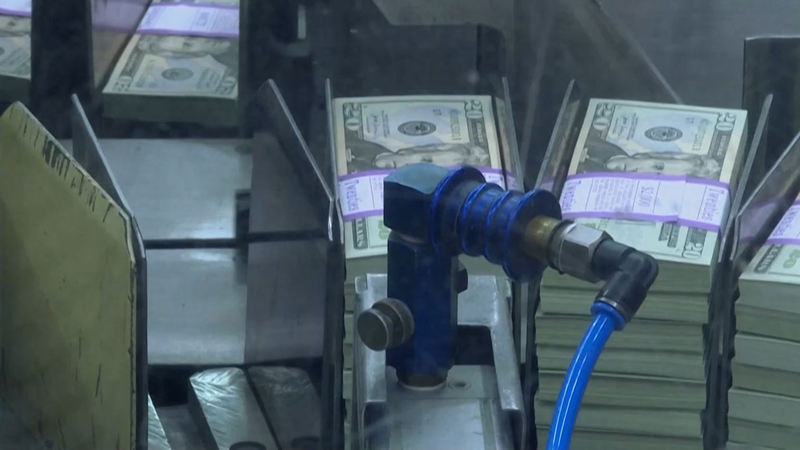In an evolving global financial landscape, investors are increasingly questioning the long-held dominance of the U.S. dollar. With growing skepticism over economic policies and mounting geopolitical tensions, capital is now shifting toward European and Asian markets, signaling a broader reassessment of traditional market dynamics.
Financial experts highlight that weakening confidence in U.S. economic strategies is at the heart of this trend. Neel Kashkari of the Federal Reserve Bank of Minneapolis pointed out, "Normally, when you see big tariff increases, I would have expected the dollar to go up. The fact is the dollar is going down," reflecting the emerging paradox in U.S. policy impacts.
Adding to the conversation, Francois Villeroy de Galhau, governor of the Bank of France, noted that decades of strategic moves aimed at reinforcing the dollar's supremacy are now conceding ground due to self-inflicted policy setbacks. Similarly, Krishna Guha from Evercore ISI warned that rising yields paired with a declining dollar signal a clear trend of capital moving away from U.S. assets.
Analysts from Deutsche Bank and TD Securities further explained that prolonged trade disputes and fading U.S. growth advantages are propelling investors toward more promising prospects in European equities and emerging Asian markets. This capital reallocation points to a dynamic shift in the global economic order, opening up new avenues for growth and innovation.
For globally minded young professionals, entrepreneurs, and changemakers, these developments offer both challenges and opportunities. As markets adjust to a landscape where fiscal stability and forward-thinking strategies become key, the evolution of capital flows could redefine investment strategies in a more diversified and resilient economic future.
Reference(s):
U.S. dollar's confidence crisis deepens as capital shifts east
cgtn.com




